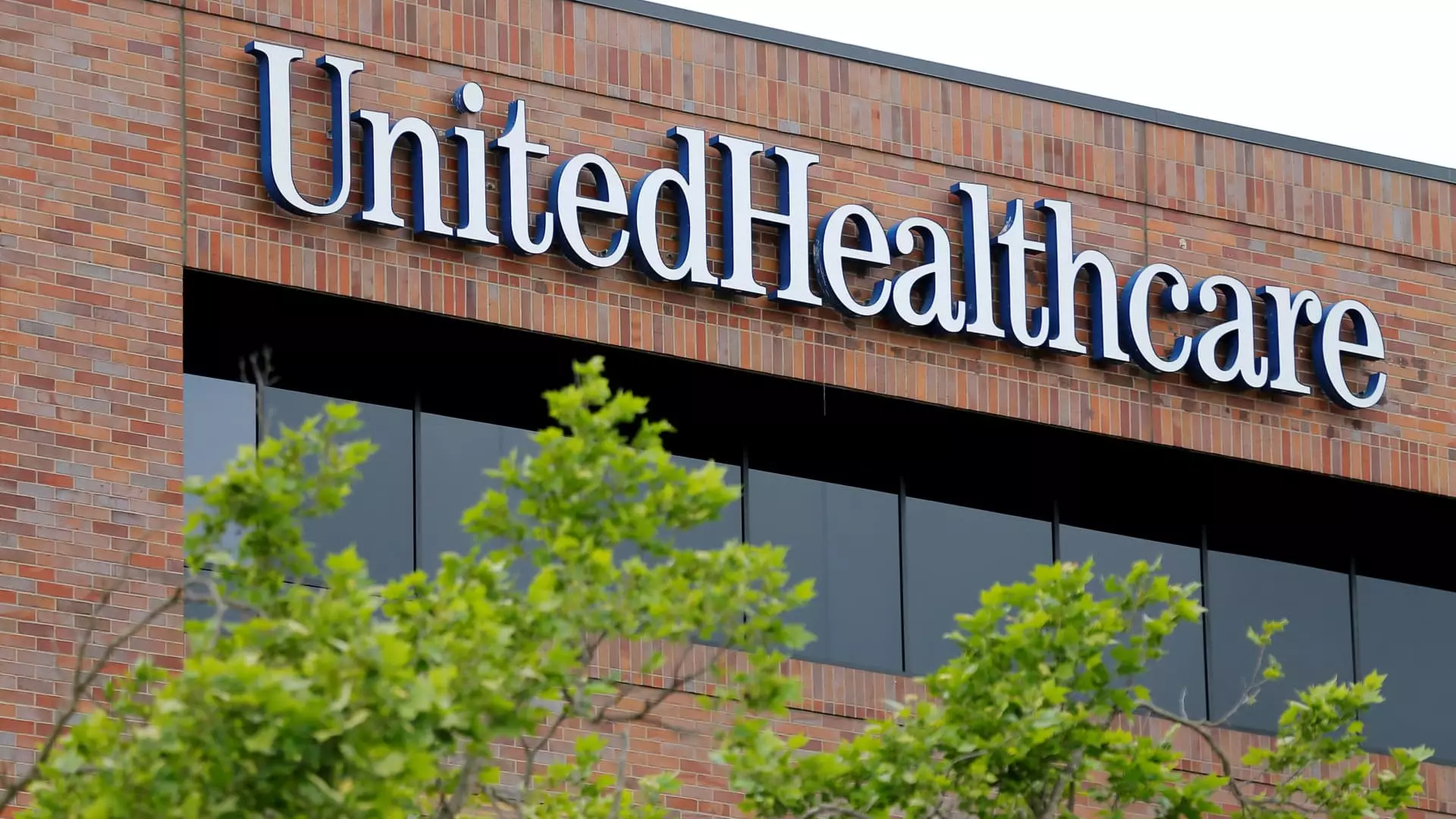In recent weeks, UnitedHealthcare has found itself embroiled in controversy as it faces a federal investigation into its Medicare billing practices. As the largest private health insurer in the United States, UnitedHealthcare, under the umbrella of its parent company UnitedHealth Group, holds a significant market position. However, with a market cap exceeding $420 billion, the organization is now confronting a trifecta of issues: scrutiny from government watchdogs, an internal reshuffling of its workforce, and public feuds with high-profile investors. This confluence of challenges arises against the backdrop of a tumultuous 2023, characterized by executive upheaval, cyber threats, and rising healthcare costs.
Reports have surfaced indicating the Department of Justice is conducting a civil fraud investigation into UnitedHealthcare’s billing practices, particularly regarding its Medicare Advantage plans. These plans, typically designed to provide additional benefits for seniors, have increasingly come under fire for both high costs and questionable billing practices. The investigation probes whether UnitedHealthcare’s physician groups were routinely exaggerating diagnoses to secure additional government payments, a practice that, if substantiated, could shake the very foundations of trust in the Medicare system. These findings come on the heels of earlier reports suggesting that Medicare disbursed significant funds to UnitedHealth based on dubious medical claims.
In response to these developments, UnitedHealth has vehemently defended its practices, labeling the media coverage as “misinformation” and asserting adherence to the highest compliance standards within the industry. This defensive stance may be a means to mitigate reputational damage while navigating the complexities of an investigation that could extend for an unpredictable duration. Analysts, such as Ben Hendrix from RBC Capital Markets, acknowledge the potential burdens the investigation may impose, yet they cautiously project that any immediate financial repercussions are unlikely, framing it as an “incremental overhang.”
Adding to the company’s challenges, UnitedHealthcare is reportedly offering buyouts to employees, with the possibility of layoffs if certain resignation quotas are not met. This strategic financial maneuver reflects a broader trend among major corporations aiming to streamline operations and reduce expenditures amid increased scrutiny and fluctuating market conditions. By leveraging digital technologies and optimizing workforce efficiency, UnitedHealth appears to be pushing for transformative changes within the organization. However, such workforce adjustments also signal uncertainty and potential instability within a talent pool that is crucial for maintaining quality and compliance in health insurance services.
The tumult intensified as high-profile investor Bill Ackman publicly backed a physician’s claims against UnitedHealth. As CEO of Pershing Square Capital Management, Ackman expressed his intention to cover the legal fees for the doctor, who alleged that UnitedHealth improperly intervened in a medical procedure to justify a denial of care. Ackman’s media engagement illustrates the heightened tensions surrounding UnitedHealthcare’s practices and presents an embodiment of broader public discontent regarding healthcare insurers’ roles in patient care decisions. Though he later deleted a critical post addressing UnitedHealth, the exchange encapsulates the growing demand for accountability and transparency within the healthcare sector.
The turbulence for UnitedHealth is further compounded by the repercussions of a high-profile cyberattack on its subsidiary Change Healthcare. This breach compromised the personal health information of approximately 190 million individuals, resulting in significant financial liabilities for the company—exceeding $3 billion in payments to affected providers. The trust between healthcare companies and their clients is paramount, and any fallout from cybersecurity incidents can lead to long-term reputational harm, affecting future client relationships and regulatory scrutiny.
UnitedHealthcare stands at a crossroads, facing a myriad of challenges that stretch across its operational, financial, and reputational spectrum. From federal investigations into its billing practices to internal workforce restructuring and escalating public scrutiny, the insurance giant must navigate a complex web of issues. While the company maintains its position regarding adherence to regulations and the efficacy of its business practices, the road ahead appears murky. Stakeholders, policy-makers, and the public will be watching closely as UnitedHealth attempts to restore confidence and propel itself forward in a tumultuous healthcare landscape. The coming months will likely dictate the insurer’s trajectory, highlighting the critical need for both reform and accountability in the healthcare industry.

